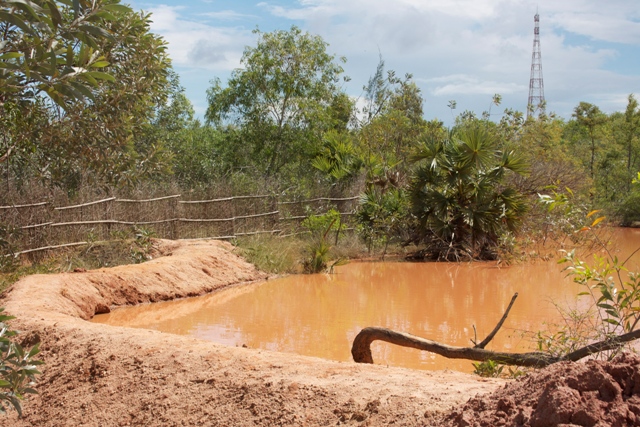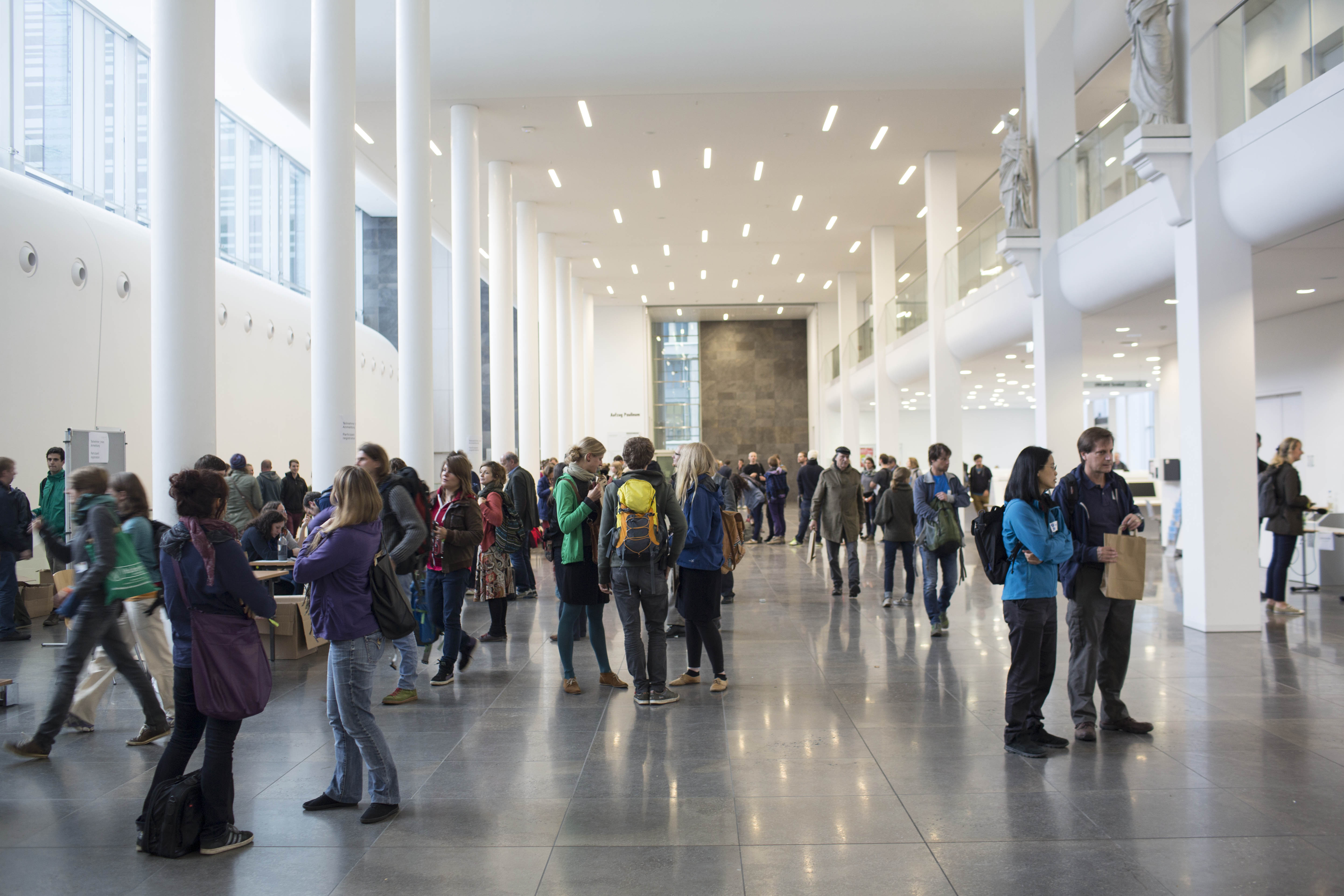ASA is an educational programme that supports young and dedicated people to expand their skills and to contribute to sustainable global development based on respect for human rights and cultural differences since more than 50 years
Currently, the programm is looking out for suitable projects for the 2015 ASA-cycle with particular focus on the areas of degrowth and/or urban gardening which has been chosen as "topic of the year 2015" by last year´s participants. Applications can be submitted until 15 September in English, French, Spanish or Portuguese language.
In the context of these projects, ASA offers a scholarship and a one-year qualifying programme. After attending two training-workshops in Europe, participants start their internship with organizations in Africa, Asia, Latin America, the Near East and South-East Europe. During their internship, they carry out a three-month-project developed by the partner organization. The objective of the projects is to enable the participants to better understand global interdependencies and development-policy issues - and at the same time to support the partner organizations through qualified contribution.
Further details on the ASA-Programme and the requirements for projects and partner organizations are available here
For further questions, please contact Kristin Czyborra (kristin.czyborra@engagement-global.de, phone: 030/25482-353) oder Miriam Müller (miriam.mueller@engagement-global.de)
On June 6th we will once more celebrate the Global Degrowth Day (GDD). On this day, like last year, we want to show that there are alternatives to the capitalist growth society and that a good life for all is possible! This time of multiple crisis can be overwhelming, but it is also a crucial moment to re-think how we live and how societies are organized. Degrowth is a powerful tool to e...

By Jamey Ellis Each of us has given without the expectation of receiving. Each of us knows the rewards of doing so. Sometimes the joy felt by those giving can even seem to outweigh that of the ones receiving. We’ve all taken part in a gift exchange, be it birthdays, holidays or anniversaries. But do we actually need to wait until a specific moment to find that joy of giving? Could such giving...

By Christiane Kliemann When listening to all the keynotes, panels and sessions, or simply joining the lively discussions between conference participants, there is the notion of an overall agreement that a broader new vision for society and the economy is most urgently needed. However, the elephant in the room is that such vision is almost impossible to shape, if it is to represent the diversi...